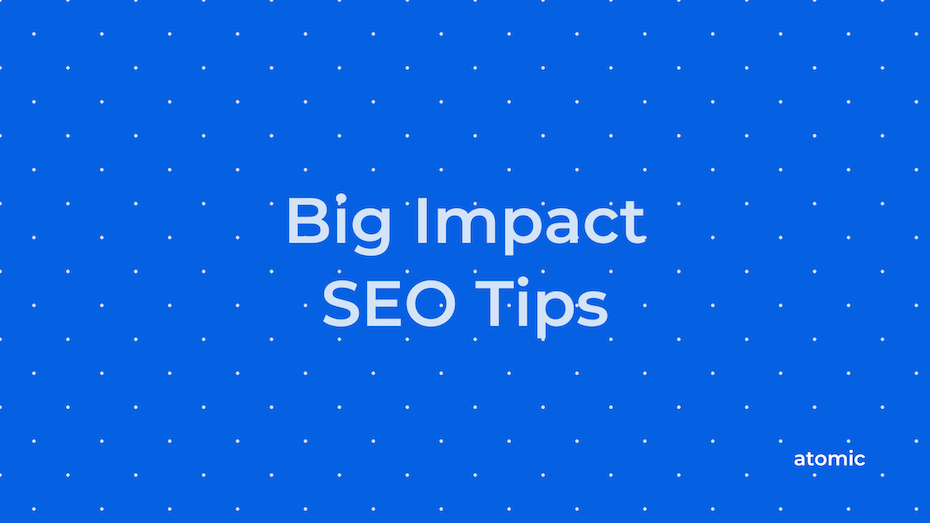SEO is a complex and time-consuming process, and it’s becoming harder every day for new websites to attract even a few clicks.
If your website is over six months old and still not getting decent search impressions or clicks, it’s time for some fixes. Similarly, if your website is ranking on pages 2 to 6, these tips might help push it to the first page of Google.
These are small, quick changes that can be done in just a few hours but could have big impact on your website’s performance.
This article is meant for websites with a good amount of content (pages, blogs). If your website lacks content, focus on creating more first, then implement these tips for maximum impact.
Meta Title & Description
I would place more weight on the meta title than the description, but both need to be optimized.
Meta Title: Keep it under 60 characters, use clear and simple language, include primary keywords naturally, and create urgency with words like “Fast,” “Now,” or “Go,” if appropriate.
Meta Description: Aim for about 160 characters, use simple language, include primary and related keywords, and make it actionable with a clear call to action.
Page Load Speed
Page speed is considered an important ranking factor by Google. Improving page load speed can drastically increase your website traffic and its visibility on search engines. A one-second speed boost can increase conversions by 7%.
Here is how to improve page speed:
- Use WebP images instead of JPEG or PNG.
- Optimize PNG/JPG images with tools like TinyPNG.
- Choose fast, reliable hosting.
- Enable browser caching.
- Turn on Gzip compression.
- Use a CDN (e.g., Cloudfront, Cloudflare).
- Minify HTML, CSS, and JavaScript.
Header Tags
Structured header tags help Google understand your website better, making it easier to show your content to relevant users.
- Each page should have only one H1 tag, matching the main topic.
- Use H2 and other tags to organize content for better readability.
- Include relevant keywords in your headings.
Internal Linking
If some of your pages are not indexed, internal linking might be the problem. Audit your website to ensure all pages are properly linked.
- Find broken links and fix/replace those.
- Add internal links by finding keywords or phrases in your articles that relate to other content on your site.
External Links
Outbound links help Google understand your blog’s niche and topic, improving user experience by providing additional context. Go through website and look for opportunities to add external links to reputable sources that enhance the content and user experience.
Mobile Optimization
Most searches happen on mobile devices. If your landing page or website is not mobile-friendly, it could harm your SEO. Even if your audience primarily uses desktops, Google prioritizes mobile optimization for rankings. Make sure your site is fully responsive and provides a seamless mobile experience.
URL Structure
Keep website’s URLs short, clear, and descriptive.
- Use 3–6 words, including the primary keyword.
- Avoid uncommon characters like underscores; use hyphens instead.
Final Thoughts
SEO doesn’t have to be overwhelming. Small changes, like optimizing meta titles, improving page speed, and fixing internal links, can create big results. Focus on making your website user-friendly, fast, and structured for search engines to recognize its value.
These tweaks are quick to implement but can set you up for long-term success in organic search rankings. Start today to see the difference!
